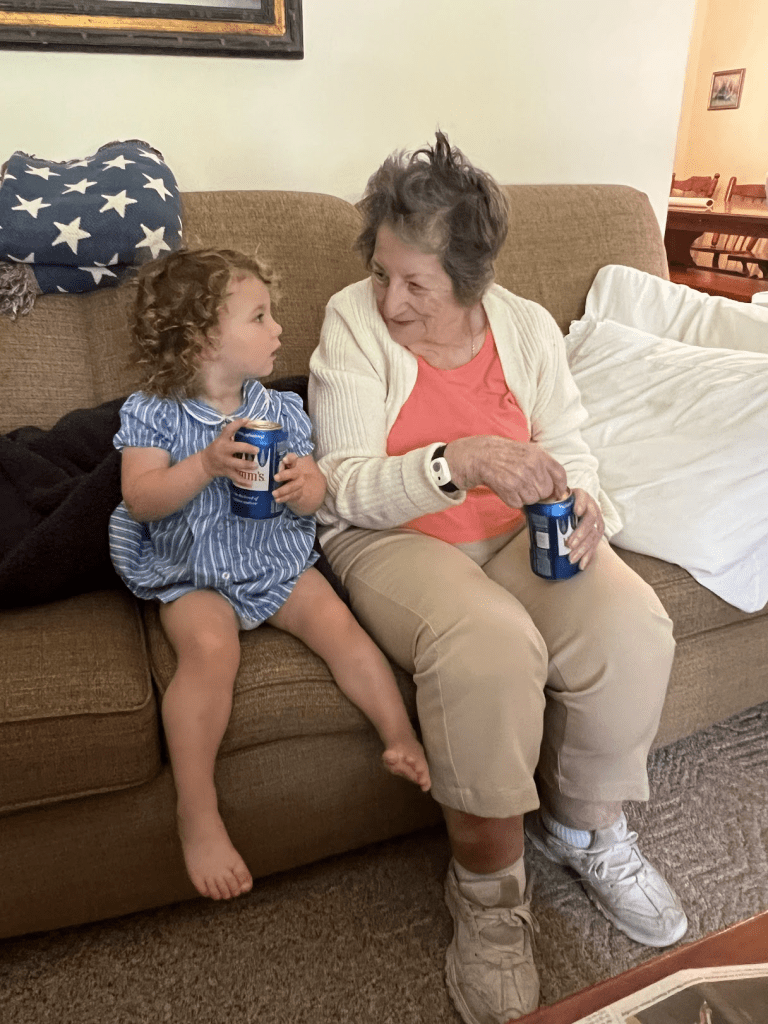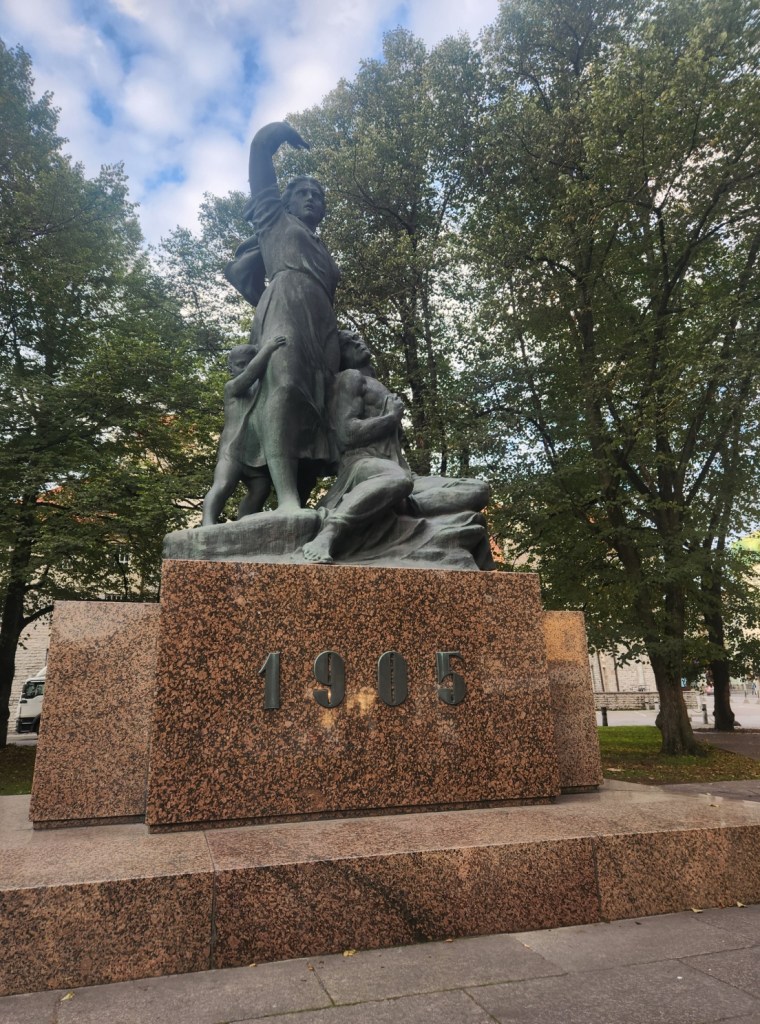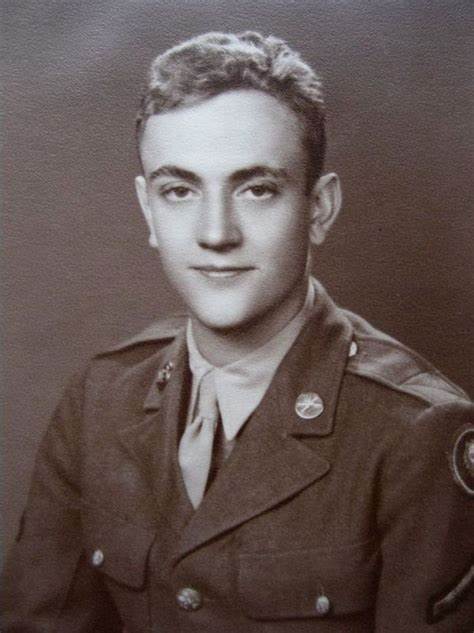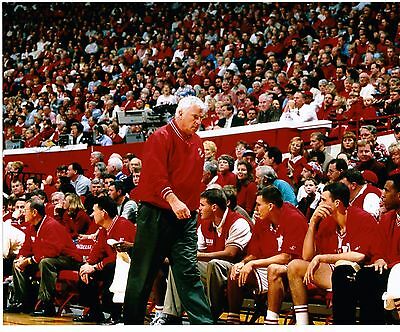April 30, 2012 was one night that I’ll never forget.
Driving a 24-foot U-Haul through the crowded streets of Manhattan, I had the accumulated possessions of myself, Dane May, and Ryan Moore as we headed from our first NYC apartments in the Village to our massive (by NYC standards) flat in TriBeCa. I was driving while Dane sat in the second seat. Ryan was crammed into the middle area without a proper seat complaining that he had been smashed in like a secondhand accordion.
A few wrong turns due to some dodgy directions and we were forced across the Brooklyn Bridge with no alternative but to go to Brooklyn and turn around to head back to the island.
We arrived about 11:15PM to an absolute trash heap. More accurately, a series of trash heaps.
We would come to find out later, that the previous occupants had been bankers, and had spent the last week of their lease playing cocaine flip cup with a bunch of strippers.
8 million residents live in the island estuary for world human migration known as New York City, so the odds of knowing similar people seem low. But Manhattan apartments of a certain size gain their own patinaed verbal history, transmitted by the social connections of their rotating cast of occupants.
We had a U-Haul full of our possessions that had to be returned that night otherwise we’d be paying a $250 ticket as well as an additional day on the truck.
Our friends, lovable bro-snakes that they were, were there waiting to help us move in our stuff in. They laughed, well more of a hearty grimace with sound, as they walked into our “new palace.” Shuffling through trash as we tried to pile it all into the living room, we got our possessions inside and the truck returned about 3:00.
This was our 5 man “Snakepit”, and it was an adventure in anthropological studies. Whether it was DJ practice at 2AM on Tuesday, or me needing to cajole an aspiring model to scoot down the counter to allow me access to my 4 cup Mr. Coffee pot at 5:30AM before work on a Thursday, this was a jungle far from home.
It was neither clean nor comfortable, but it was a place of massive maturation. A few weeks after we moved in, Dane came to the roommates and said that he had a proposition. An Aussie friend of a friend, Ben Harrison, was moving to NYC for the summer and was trying to avoid hiring his own apartment. The nature of temp visas nearly always made this an “arm and a leg” proposition. He was offering to pay a chunk of rent to put a loft in our massive “activities” area, where we had a full-sized basketball backboard and a ping pong table. Always the cheap ass, I wholeheartedly said yes, and everyone else shrugged as they indifferently agreed.
Ben walked in wearing loose leopard print “pants”, a vintage hat pushed back on his balding head and large, odd rings on both hands. Upon his back, he had no more possessions than could be navigated while running through an airport. His voice had a tinny vibrato that would crescendo until he found a point to ask, “Right?”
He had been coordinating outdoor music festivals in Australia for years and was now looking to come over and scrap his way around electronic music in NYC. His girlfriend, Alice, was a dance captain for a Broadway show. Having avoided winter for 3 years at that point, this was an opportunity to steal a summer spending time with her personally while advancing himself professionally.
From almost no contacts save for club guys we knew, Ben managed to make himself invaluable to the electronic music scene, finally being given a 5% ownership stake of a club for sweat equity.
This wasn’t his foremost achievement that summer. That would be me.
I’d always had a desire to travel. My parents made the “interesting” decision to allow me and my slightly older friend Alex Barnes to go visit our friends‘ family, the Stalls, who made an ex-pat career move to London for a few years. At the time, it was a 12-year-old and 15-year-old navigating through England with only our paper traveler’s cheques and a tube map with a 20 pence piece taped to it, the Stall’s phone number scrawled across the front.
We survived, as one does, after several hair-raising adventures, discussion of which still brings tears of laughter to our eyes.
I’d seen quite a bit of the US between family vacations and getting to spend a school year traveling with my father as he hawked asphalt planers, stump grinders, and slot cutters across the US.
Internationally I was still a neophyte though, and Benny told me about his unbelievable travels over the past 7 years. He’d been to something like 35 countries at that point, backpacking through Europe and North Africa for nearly a year when he was 21.
This was the roundabout way he’d become our roommate, via poor directions and a deceptively named hostel/brothel called “The Heart of Amsterdam” wherein he met fellow Boiler Clint Misamore, both of whom had hoped to be in bed at somewhere OTHER than a brothel.
I was amazed that someone could do that. Vacations in the US were nearly always under 2 weeks, with the majority of one’s 15 days being spent on obligatory holidays, weddings, and funerals. I never envisioned time during my career to go travel for long stretches like Ben had.
It was interesting to discuss, but this was the life of someone else. I was a trader, and traders had to be trading. A week here and there might be taken off, but there was no possibility of taking a massive hiatus and expecting a job when I returned.
Fast forward 3 years, and I have since traveled to 5 continents and 18 countries. Ben and I as of 7PM local time on July 31, 2015, had joined the 5 continent club, having seen North America, Europe, Australia, Asia and South America together. Not bad considering we live on opposite sides of the world most of the time.
Ben taught me that there is no such thing as the “way.” There are only goals and the motivation to achieve them.
Every choice leads somewhere.
One day I decided the path I was on would only lead to a life that I was unhappy with, so I jumped off, and emailed Ben the following subject line:
“Quit my job. Need an adventure. Call when you can.”
Ben called within 12 hours from the other side of the world and within 14 days, I was en route to Perth with a backpack and little else.
That took me on the trip of a lifetime, and totally refocused my perspective from one driven by money and the status afforded it, to a life view focused on where I wanted to do legitimate good in the world.
It was a choice that would take me to a bamboo railroad in Laos, a yacht in the Whitsundays, an elephant camp in Thailand, and countless sleeper busses in between. 
Ben Harrison was an engineer.
He was a network sustainability engineer. Ben saw the world as a treat to be consumed, and he found that the most efficient way to do that was by becoming an asset to an ever-expanding network of friends in different time zones.
Millions of people have connected at an event thrown by Ben Harrison over the past 20 years. From promoting underage clubs in Melbourne as a high schooler to the DJ booth at the world-famous Pacha in Ibiza and hundreds of temporary stages in grassy fields around the world.
Ben designed spaces and experiences where people wanted to find themselves.
Ben found plenty of connections as the keyhole for the parties he threw, but his never-ending craving for authenticity drove him to connect with people whenever they came within shouting distance of that tinny, Aussie rasp of his.
It was Richard, the Shakespeare of enlightened profanity cab driver in Perth.
It was Hein smiling through broken English as Benny tried in vain to discern a particular point of emphasis as we cooked the stuffed squid roles in Vietnam.
It was Gomez, a broke 18-year-old kid trying to make it in the music business in NYC that Benny brought along like a little brother.
It was Ariana or Nat or any of the other broken women who found an unexpected side in Benny. One that mended her broken wing and shared the security and affirming rush of initial intimacy…only to be put back out to fly with a smile and a lifelong friend and the knowledge that it could never be permanent.
Ben had an endless heart for people he “rated.” He had a tight list of Aussie insults for those who didn’t. This discernment was important because from Ibiza to Melbourne to Tulum to Tunis, Benny had a friend. I’d be surprised if the Council on Foreign Relations could activate boots on the ground so quickly in so many places.
Benny had a guy or a “bird” for everything. And as soon as they answered the phone, they started smiling as he asked, “How ya goin’?” He’d ask whatever was on his mind, say “great, I’ll connect you” and tell you to call the next time you were in XYZ.
Even if he’d called someone who couldn’t help, they’d always pass him along to a friend who could, because it was almost impossible to not want to help Benny. You could vouch for Ben because he was a professional vagabond, who drank champagne next to the grapes and every place it would ever be shipped. That is a widely sought-after profession that very few outside of English nobility enjoy. Ben was a gentleman in very specific ways, and his complex moral compass, while difficult to decipher, never, ever deviated. So long as you understood it, you could take it to the bank.
Ben was the most frustratingly selfish human being on earth. His personality was so big, that as colorful as I am, I was merely grey wallpaper in many rooms where the Benny Show found an audience.
Whether it was the $800 bottle of champagne that he ordered that you’d be expected to split or the plans that he’d unilaterally change if he met a couple of girls who wanted to join…or his utter intractability once his mind was made up, no one ever called life with Ben easy.
I’m sure Nigel and Kerry would say he was an absolute nightmare to raise. If there was a teacher in his entire academic career who had something nice to say about him, I’d be surprised.
He could be a little bit like the sun, life-giving when you need it and oppressive if you can’t escape it.
He lived fast and hard. But whether he’d lived another 2 weeks or 40 years, I am certain that he could not have died more peace with the life he lived.
Life was to be lived today, not in some indefinite future.
He did it his way and he let me come along. Ben Harrison taught me how to love the world as no one else ever could. Taught me that life is a magnificent set of possibilities for those who are free. Showed me that it is possible to be unapologetically yourself.
There were many lessons Benny couldn’t teach, but there were some that ONLY he could teach. I was truly blessed to have that hairy, Lebanese incarnation of Krishna show me the entire world of possibilities residing underneath his breastplate and mine if only we’ll get amongst it.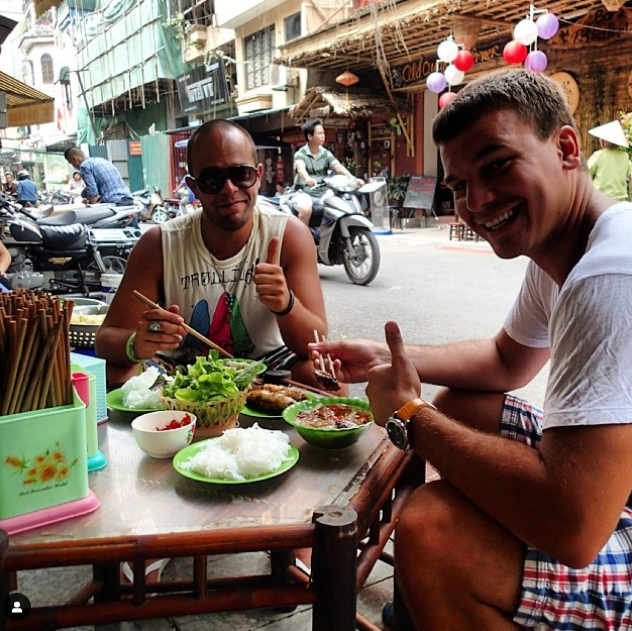
I’ll miss Ben for the rest of my life. He wasn’t constituted for middle age, so he shoved an entire lifetime into half of it, and lived knowing that he’d maximized every day he was given.
It’ll be hard to not have him randomly call from literally anywhere on the globe, talk about the Bombers latest defeat, some liquor rep screwing something up, and where he’ll be next month.
To know that I became the sole living memory of our experiences across 5 continents together is hard. Memory is only original so long as it is shared. Absent that, it is only a replica, with all of the defects, both subtle and substantial, that make a replica inferior to the original. The entire course of my life changed in the company of Benny.
It never would’ve happened had I not gone through a miserable night in a trash pile of an apartment, unloading three beds, couches and everything else up a 1.5 floor walkup.
It wouldn’t have happened if I’d merely laughed when Ben told me that a lifestyle of travel and freedom was possible for anyone, not just the lucky lot in music.
It never would’ve happened if one day I looked in the mirror and said, “the money isn’t worth losing your soul. Do something different or you’ll never achieve a goal worth a tinker’s piss.”
Here’s to two roads and choosing the one less traveled by.
It has made all the difference.
Thank you Ben. I’ll miss you brother. 



